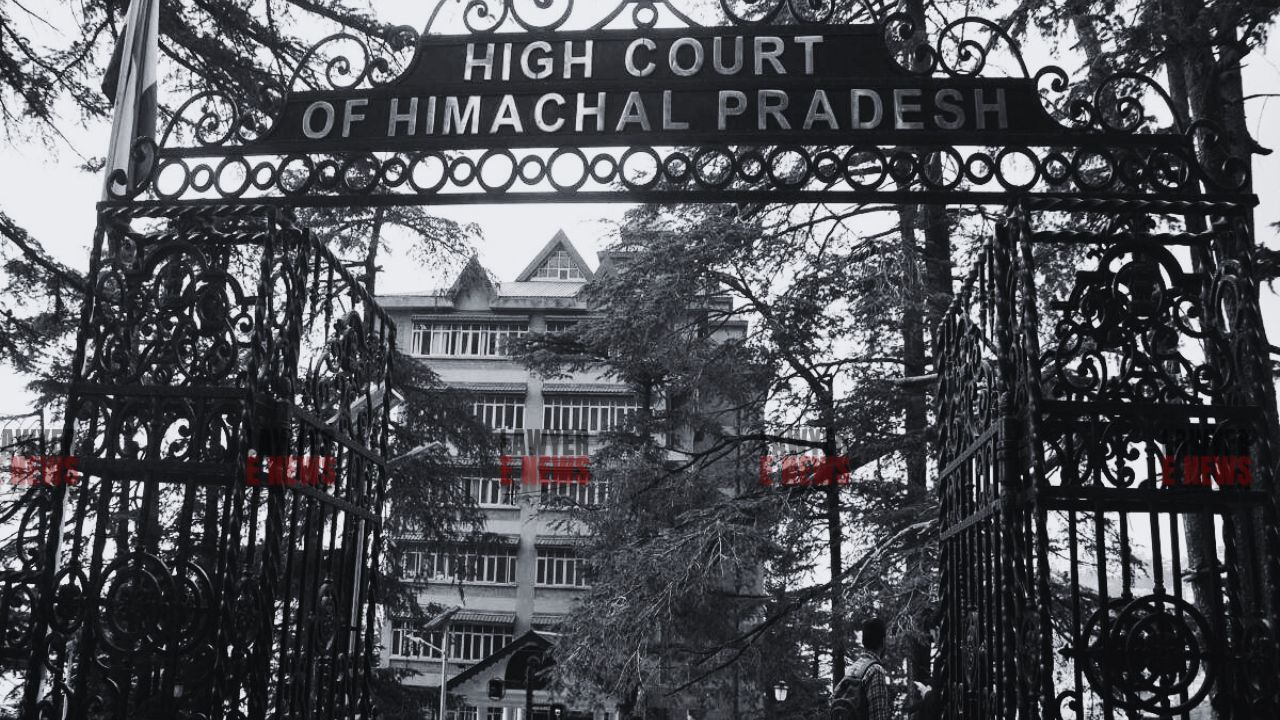-
by Admin
15 February 2026 5:35 AM



"Vague and indefinite allegations, without any proximate details of time, place, or specific acts of cruelty, cannot form the basis for a decree of divorce." – Justice Satyen Vaidya, Himachal Pradesh High Court.
In Rakesh Kumar v. Seema Sharma, the appellant Rakesh Kumar challenged the Family Court’s decision rejecting his petition for divorce. Filed under Section 13 of the Hindu Marriage Act, 1955, Rakesh Kumar sought to dissolve his marriage with Seema Sharma, alleging cruelty and misconduct throughout their marital life. The appellant and respondent had been married since September 12, 2005, and share a daughter. The appellant’s core claims revolved around Seema Sharma's alleged disrespectful behavior towards him and his family, while the respondent denied all such accusations and countered with allegations of financial and emotional neglect by the appellant.
The primary legal question was whether the appellant had been subjected to cruelty as per Section 13 of the Hindu Marriage Act, and whether his petition met the burden of proof required for a divorce decree. Additionally, the court had to determine the credibility of the respondent’s defense, which included accusations of abandonment and financial exploitation.
The court upheld the Family Court's ruling, highlighting that the appellant's claims of cruelty were based on "vague and indefinite" allegations. The absence of specifics regarding the time, place, or nature of the alleged incidents made it difficult for the court to accept the appellant’s narrative. While Rakesh Kumar claimed that his wife disrespected his family from the beginning of their marriage and exhibited aggressive behavior, the court noted that his testimony, as well as that of his father, lacked corroborative evidence. Notably, the appellant failed to produce crucial witnesses like his mother, sister, or daughter, despite accusing the respondent of mistreating them.
The judgment reaffirms the principle that in matrimonial disputes, mere accusations or general grievances cannot substantiate a claim of cruelty. Concrete evidence is required to establish a sustained pattern of cruelty. In this case, the court emphasized the need for specific instances and independent testimony, neither of which were satisfactorily provided by the appellant.
No dissenting opinions were recorded in this case, as both presiding judges, Chief Justice M.S. Ramachandra Rao and Justice Satyen Vaidya, were in agreement regarding the dismissal of the appeal.
This judgment underscores the evidentiary standards required for divorce petitions on the grounds of cruelty under the Hindu Marriage Act. It sets a precedent that courts will dismiss cases with vague or unsubstantiated claims, emphasizing the importance of specific allegations backed by reliable testimony. The ruling also sheds light on the judicial caution exercised in divorce cases, particularly when the marriage has persisted for several years. Moving forward, individuals seeking dissolution of marriage will likely need to provide detailed, factual evidence of misconduct to support their petitions.
Date of Decision: September 6, 2024
Rakesh Kumar v. Seema Sharma
Advocates: Ms. Anu Tuli Azta represented the appellant. No legal representation was recorded for the respondent.
